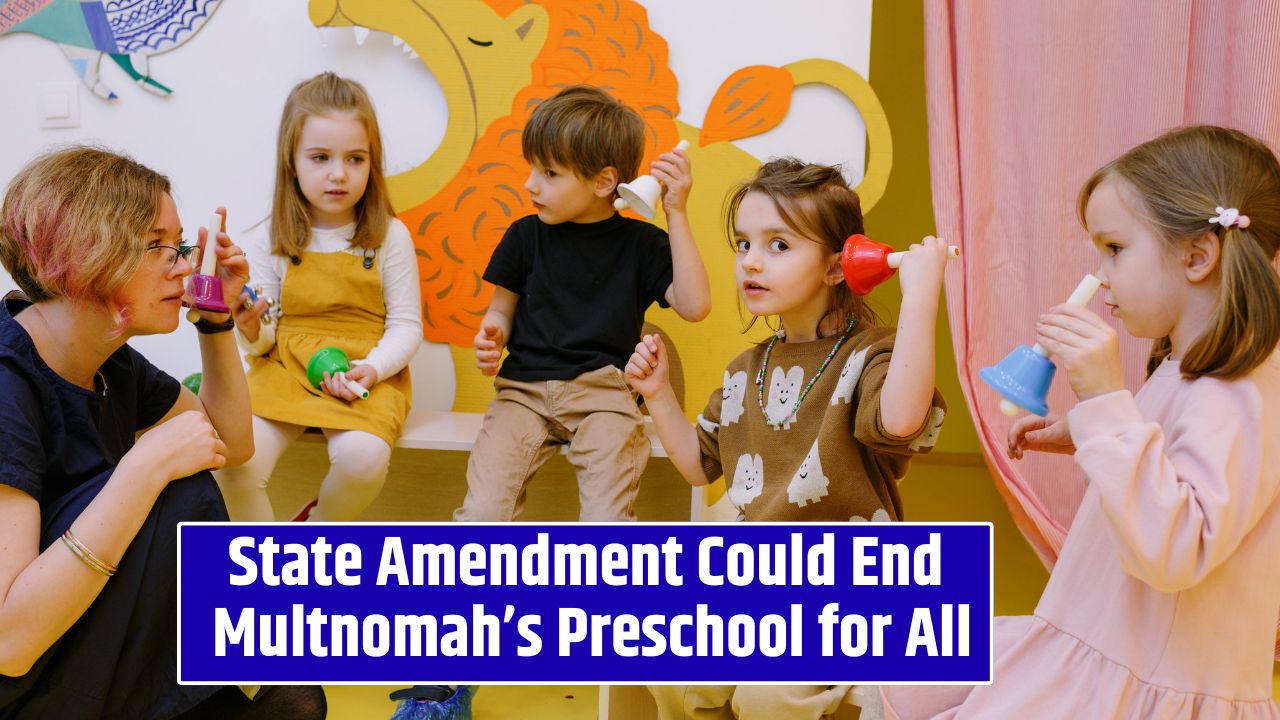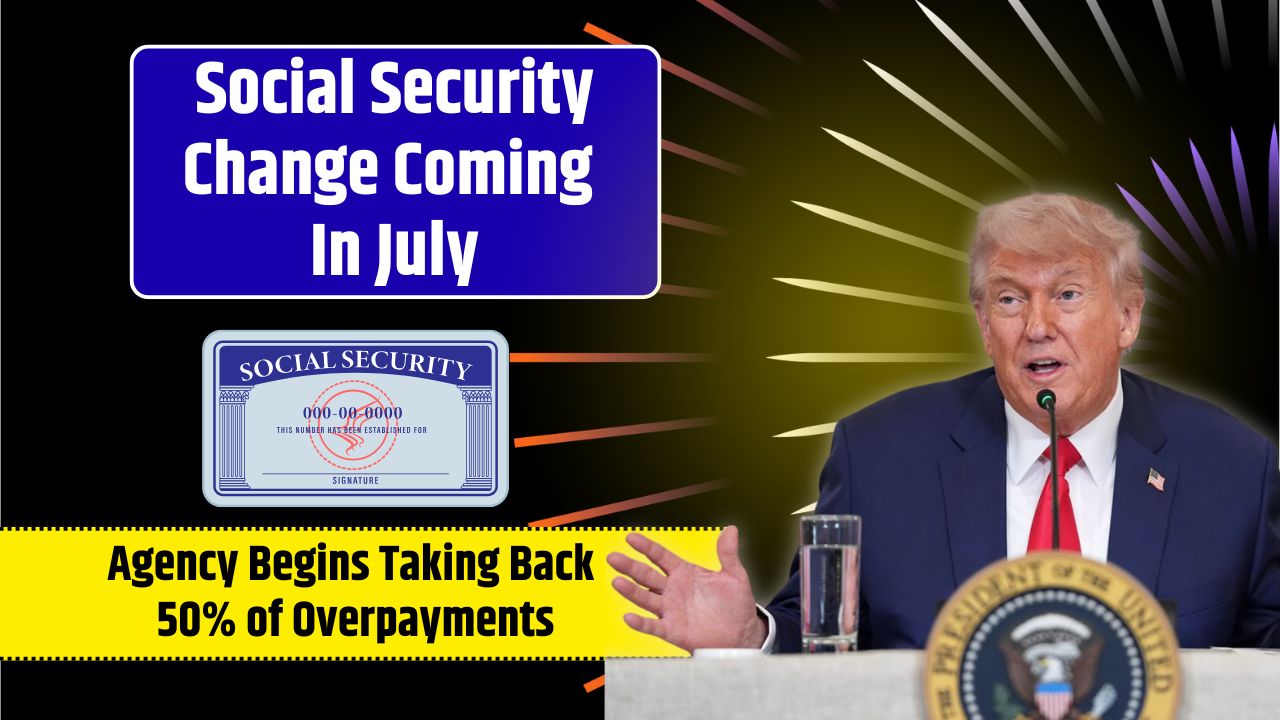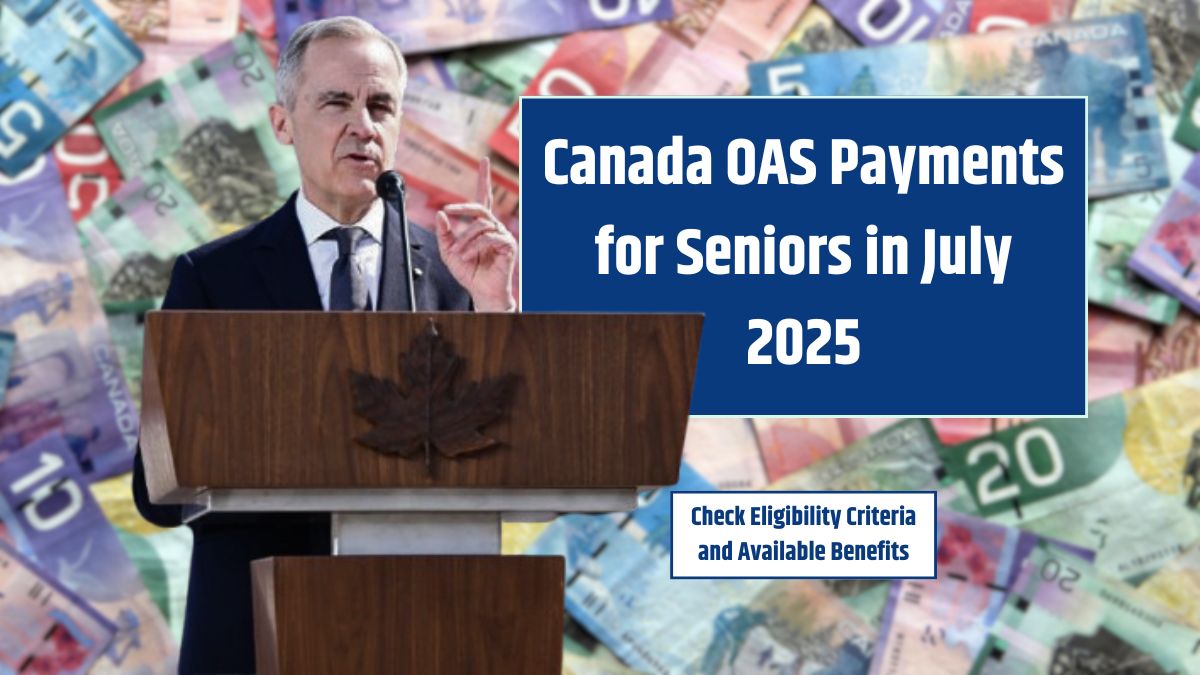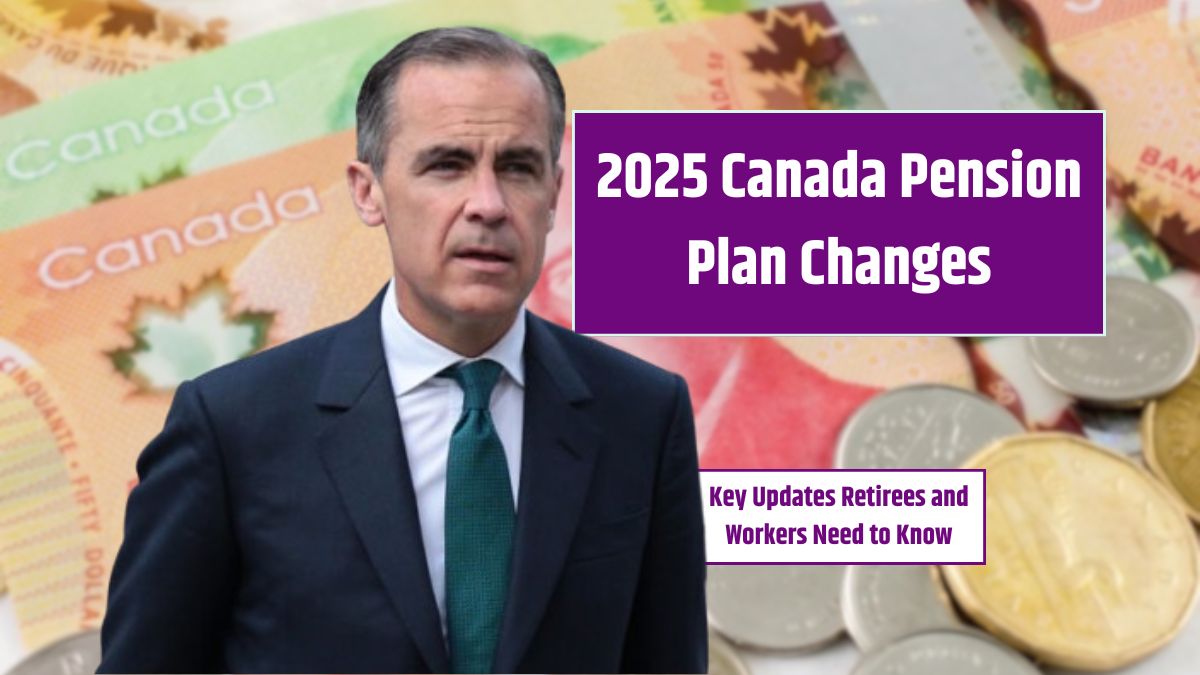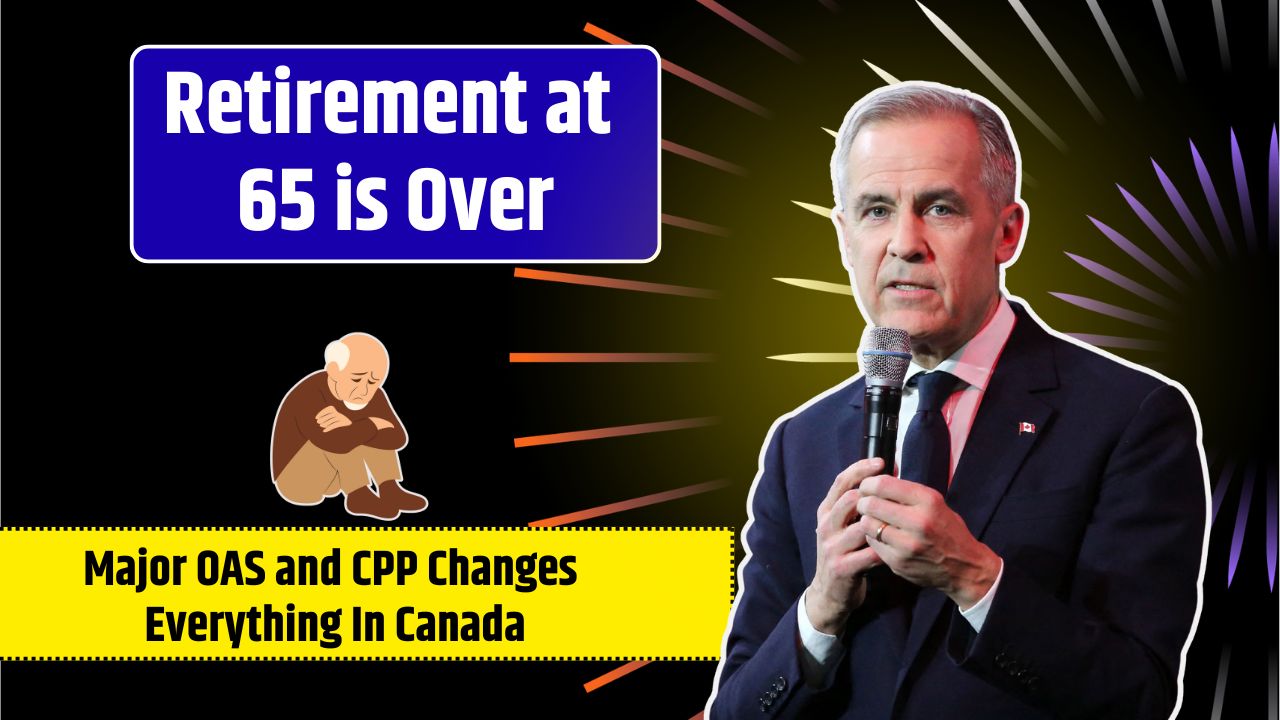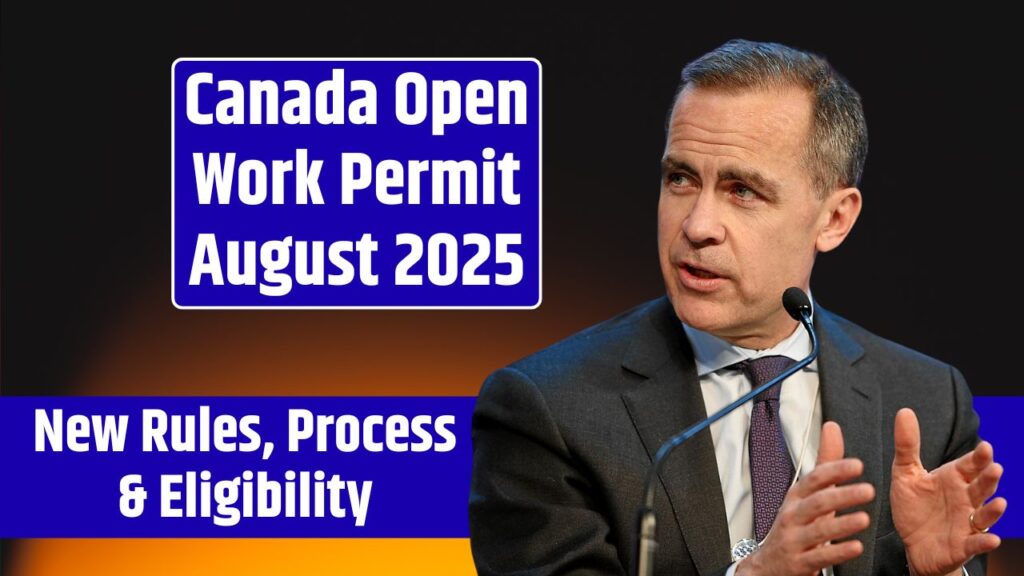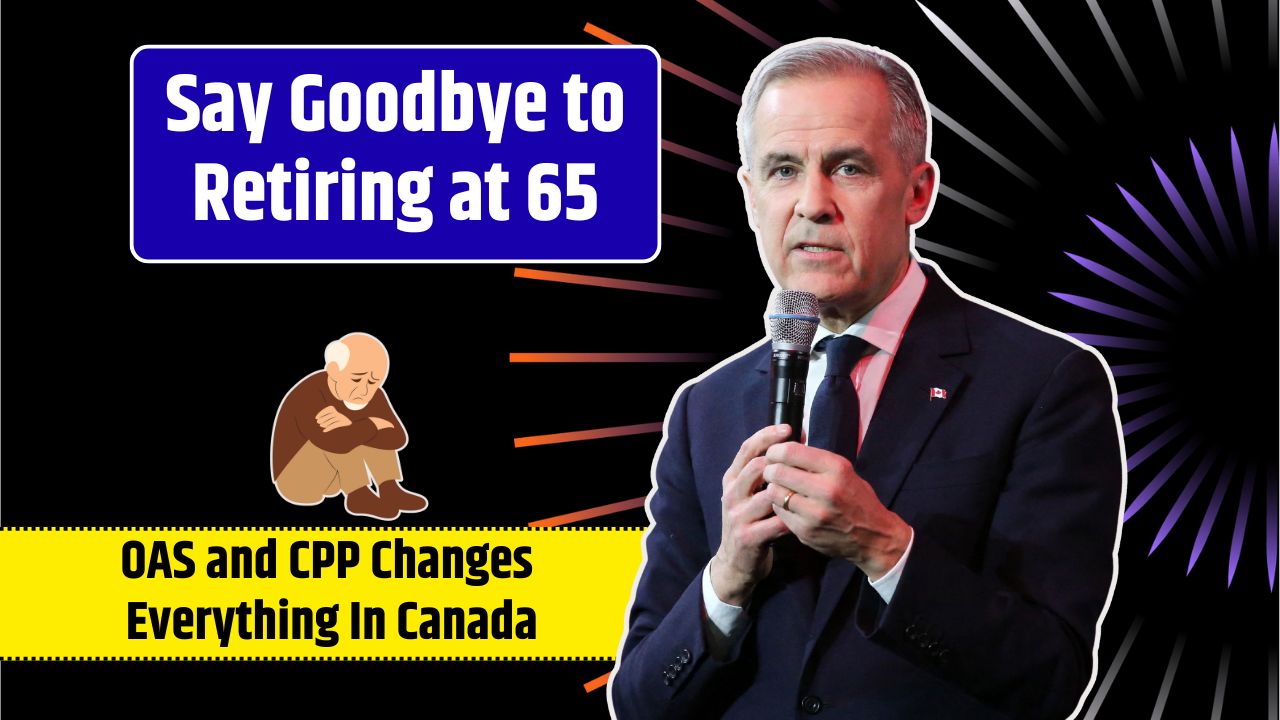Multnomah County’s ambitious plan to provide free preschool to all children is now at a crossroads. Just a few years after voters overwhelmingly approved the Preschool for All program in 2020, political and financial pressures are mounting that could dismantle the initiative before it reaches full scale.
Table of Contents
The Rise and Risks of Preschool for All
Multnomah County’s Preschool for All program was designed to tackle the high cost of early childhood education by offering free preschool to families across the county, regardless of income. Funded through a progressive income tax on high earners, the initiative launched in 2022 with around 700 preschool slots. This number is expected to grow to 3,800 for the upcoming school year, with the long-term goal of 11,000 slots by 2030.
But a newly proposed amendment to Oregon Senate Bill 106 threatens to end the very tax that funds this initiative. If passed, the amendment would phase out the preschool program over the next two years and bar Multnomah County from using personal income tax to fund early learning programs.
A Blow to Local Control
Local leaders, including Multnomah County Chair Jessica Vega Pederson, have pushed back, saying the proposal strips the county of its right to self-govern. “This really is an attempt to strip local control from our region,” Pederson said during a Senate Committee on Finance and Revenue meeting. The sudden amendment came without public input, drawing criticism for its lack of transparency and community involvement.
The Tax Controversy
At the heart of the debate is the program’s funding mechanism: a marginal tax on high-income individuals and households.
| Income Level | Tax Rate |
|---|---|
| $125,000+ (individuals) | 1.5% |
| $200,000+ (joint filers) | 1.5% |
| $250,000+ (all filers) | 3.0% |
Oregon Governor Tina Kotek has raised concerns that the tax is driving wealthy residents out of the county, citing preliminary data from 2023. However, county officials argue this claim is based on outdated numbers. In fact, revised tax data shows over 5,400 new filers for the Preschool for All tax since 2021, indicating stronger than expected participation.
Implementation Challenges
Despite its popularity, the program has faced criticism for its slow rollout. A recent audit highlighted underspending on critical infrastructure like preschool facilities and teacher workforce development. Vega Pederson acknowledged these challenges but attributed them to early-stage growing pains rather than systemic failure.
Lawmakers are also scrutinizing the program’s lack of income verification, suggesting it may be duplicating state services or failing to target families most in need. However, county officials say the program already prioritizes low-income families and that full universality is the ultimate goal.
Political and Economic Tensions
The debate over Preschool for All encapsulates broader tensions between state and local governance, progressive taxation, and investment in public services. Supporters argue that universal preschool is essential for educational equity and economic mobility. Critics question whether the program is fiscally sustainable and whether it places an unfair burden on high-income taxpayers.
For now, the program’s fate remains uncertain as lawmakers, local leaders, and the governor continue to negotiate its future.
Multnomah County’s Preschool for All is more than a local education initiative—it’s a test case for how communities can use tax policy to fund universal access to early learning. Its potential dismantling raises important questions about tax fairness, local control, and public investment in children’s futures. Whether the program will survive the political headwinds depends on what voters, lawmakers, and families decide is worth fighting for.

